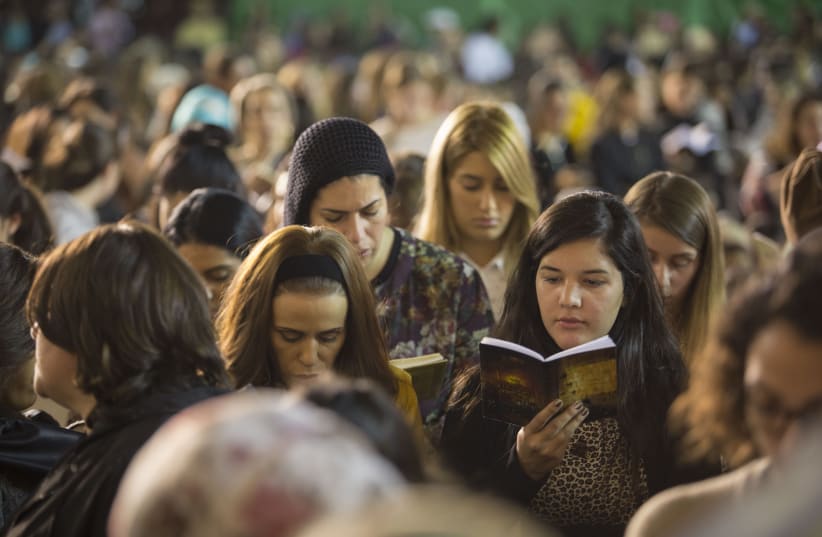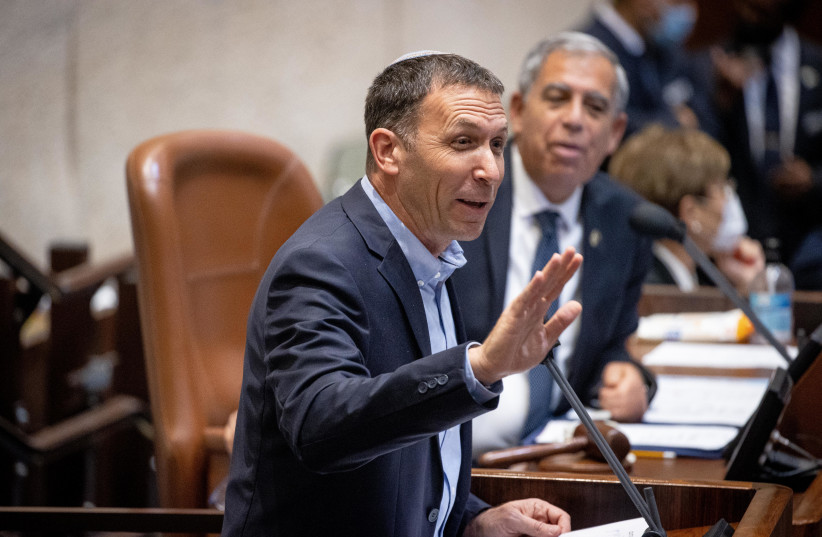The Religious Services Ministry has proposed establishing an organizational framework within the ministry for examining and granting women qualifications for the obtainment of knowledge of Jewish law, Halacha.
The proposal would circumvent the Chief Rabbinate’s refusal to allow women to take its examinations and allow women to obtain the same advantages that men enjoy from such qualifications when applying for jobs and for their salary level.
Advocacy organizations for women’s halachic qualifications say, however, the ministry’s proposals will take too long to implement, and have suggested a quicker alternative instead.
Last year, three advocacy organizations filed a petition in the High Court of Justice against the Chief Rabbinate for refusing to allow women to take the Chief Rabbinate’s exams to receive qualifications showing obtainment of halachic knowledge.
Men who take such exams can use these qualifications not only in applying for positions within the rabbinate but also to fulfill conditions for state jobs in government agencies, municipal authorities and other statutory bodies, and also receive salary benefits for these qualifications.
Since women cannot take these exams, the advocacy organizations argued they were unfairly discriminated against when applying for jobs and with regards to the level of their salaries.
In its latest filing to the High Court, the Religious Services Ministry said it intends to establish “an alternative, independent examination framework” which the ministry will operate and provide halachic qualifications for men and women who sit its exams.
The ministry said the content of the exams and the recognition by state bodies of the qualifications would be the same as for the Chief Rabbinate’s qualifications.
The ministry noted that it has designated funds from the state budget for this process that will be used to appoint an official in the ministry to develop the new examination system, while a steering committee will be appointed to advance these plans.
Director of the Itim religious services advisory and lobbying group Rabbi Seth Farber welcomed the state’s response for recognizing the need for women to take such exams, but said the process would take too long and that a new government might be in office which would thwart the establishment of a new examination system before it can get off the ground.
Farber also noted that since the exams and qualifications would be different from the Chief Rabbinate’s, their validity for obtaining employment and higher salaries would be called into question.
He noted that the Chief Rabbinate currently outsources its examination process to an independent, external organization and said therefore that the best solution would simply be for the ministry to have this organization arrange examinations for women, albeit outside of the auspices of the Chief Rabbinate.
In this way, the examinations and qualifications for women would be the same as for men, and therefore their validity could not be questioned, and the process could also be set up in a matter of months.
“Itim sees the state’s response as a positive step in recognizing women’s achievements in Torah study, but the proposal will take too long to implement and doesn’t account for women who have already been waiting years to take exams as the case made its way through the courts,” said Farber.
“In addition, the proposal suggests a ‘separate but equal’ strategy, one that ultimately will promote inequality.
“The ministry should begin immediately administering the exact same test for men and women. This will guarantee the standing of those who pass the tests and enable full equity as the law demands, without having to push the rabbinate to do something it is uncomfortable with.”
A High Court hearing on the petition is scheduled before the end of November.

